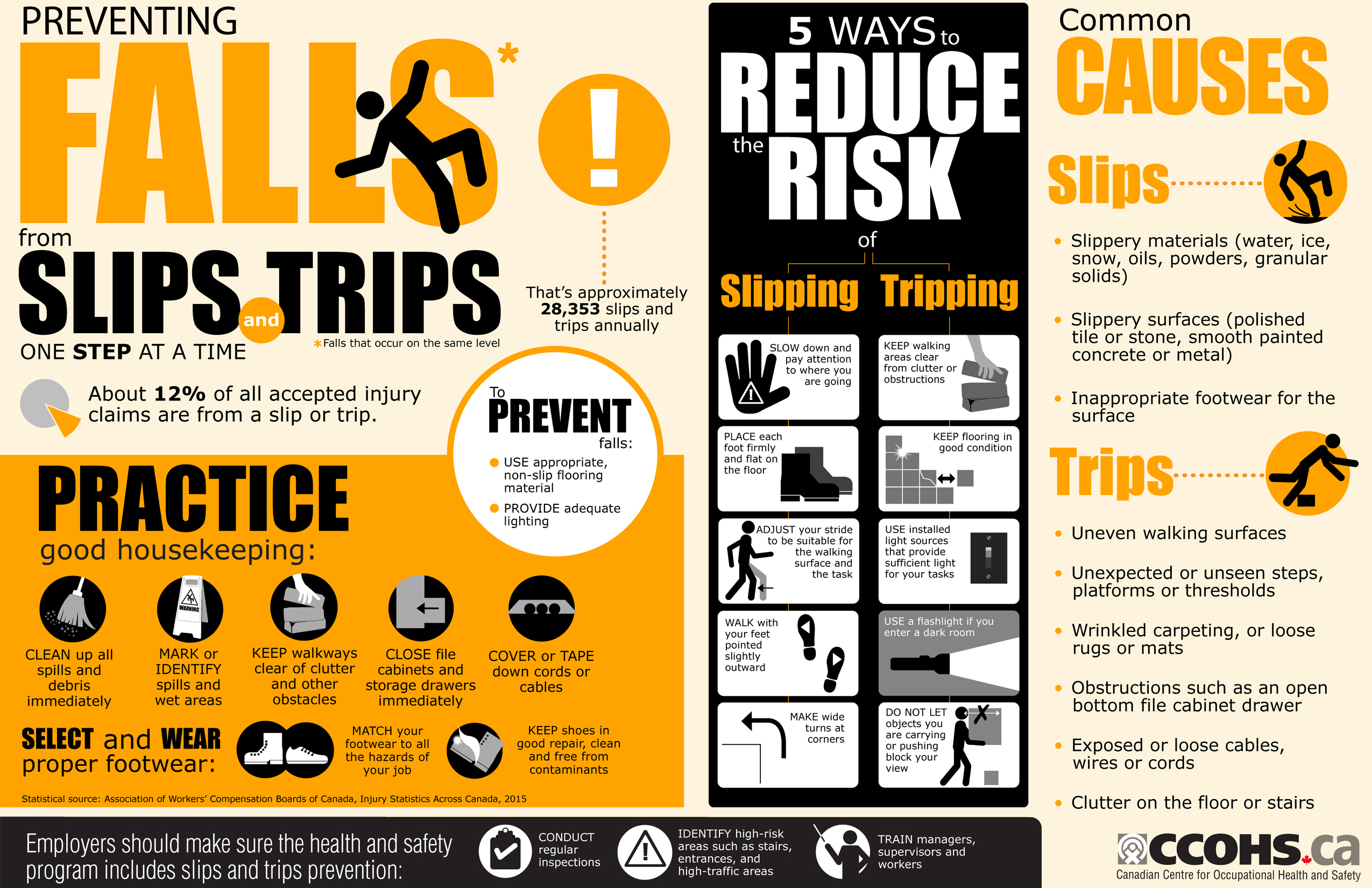New research gleaned from the Inspiration4 mission paints a potentially brighter picture for the future of space tourism. The data, published in the journal Nature, suggests that short-duration spaceflights may not pose significant health risks to participants.
The Inspiration4 mission, which launched in September 2021, marked a historic first – an all-civilian crew venturing into low-Earth orbit. The four-person team spent three days aboard the SpaceX Dragon capsule, conducting various scientific experiments alongside marveling at the celestial spectacle. This unique opportunity provided researchers with a valuable chance to study the effects of spaceflight on non-professional astronauts.
Previously, most health data on space travel came from astronauts undergoing rigorous training and spending extended periods on the International Space Station. The Inspiration4 crew, on the other hand, comprised a businessman, a physician assistant, a geoscientist, and an artist – individuals with diverse backgrounds and limited spaceflight preparation.
This distinction held particular significance for the research team. By analyzing blood, saliva, and skin samples collected throughout the mission and in the months following, scientists aimed to understand how the human body adapts to the space environment on a shorter timescale and with less rigorous pre-flight conditioning.
The findings revealed some interesting trends. Similar to astronauts on longer missions, the Inspiration4 crew experienced physiological changes during their time in space. These included shifts in gene expression, alterations in immune cell activity, and a decrease in bone density. However, these effects appeared to be transient. Upon returning to Earth, most of the crew's health markers returned to pre-flight baselines within a reasonable timeframe.
This initial data offers a cautiously optimistic outlook for the future of private spaceflight. While the study acknowledges the limitations of its small sample size, it paves the way for further investigation into the health implications of space travel for non-career astronauts. Researchers believe this information will be crucial for refining safety protocols and paving the way for a more inclusive spacefaring future.
The success of Inspiration4, coupled with the emerging data on its health impacts, could usher in a new era of space exploration. As private space companies continue to develop their capabilities, short space trips may become a more accessible reality for a wider range of individuals.

